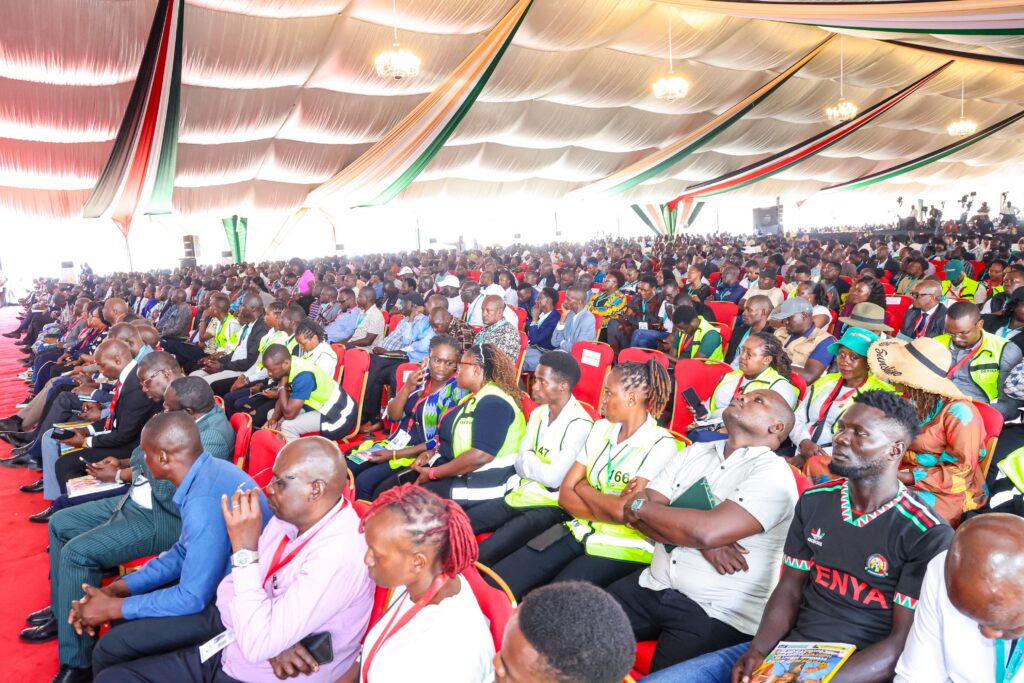Kenya’s Universal Health Coverage (UHC) reforms are taking center stage as a critical driver of equity and social justice in line with the ongoing devolution agenda. Anchored on four key pillars, the reforms aim to transform healthcare delivery across all counties and ensure that no Kenyan is left behind in accessing quality medical services.
The first pillar focuses on the equitable deployment of skilled health workers. By addressing disparities in staffing across counties, the government seeks to ensure that rural and underserved areas have the same access to qualified medical personnel as urban centers. This effort is complemented by continuous training and capacity building to strengthen the health workforce.

The second pillar targets health commodity security through reforms at the Kenya Medical Supplies Agency (KEMSA). The goal is to achieve a 90% order fill rate, ensuring that health facilities consistently receive essential medicines, equipment, and other supplies on time. This will reduce shortages that have historically hampered service delivery, especially in remote regions.
The third pillar emphasizes the rollout of the digital health superhighway. This technological upgrade will enhance patient record management, improve referral systems, and facilitate telemedicine, thus expanding access to specialized care for patients in remote areas without the need for extensive travel.
The fourth pillar involves restructuring health financing through the Social Health Insurance model. This reform is designed to make healthcare more affordable and financially sustainable, reducing out-of-pocket expenses for citizens and protecting vulnerable populations from catastrophic medical costs.

Early outcomes of these reforms are already evident. There has been a noticeable reduction in maternal mortality rates, an expansion of intensive care and high-dependency unit capacity, improved immunization coverage, and greater accessibility to specialized services such as oncology, dialysis, and advanced diagnostic care.
The reforms are closely aligned with the principles of social justice, which demand quality, accessible, affordable, and dignified healthcare for all. They also demonstrate how devolution and national policy can work hand-in-hand to deliver equitable outcomes, fostering prosperity across all counties.
With the commitment of national and county leaders, development partners, and health stakeholders, Kenya is making significant strides toward achieving a healthcare system that truly serves every citizen, regardless of location or economic status. The ongoing UHC reforms are positioning the country as a regional example of how political will, strategic planning, and inclusive governance can drive meaningful change in public health.

